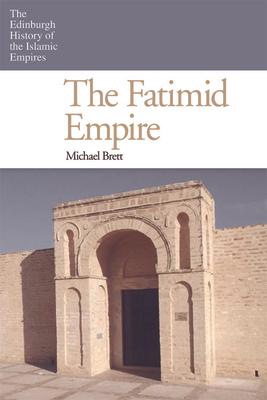From the 10th century to the end of the 12th century, the Fatimid Empire played a central, yet controversial, role in the history of Islam. This definitive account combines the histories of Isma'ilism, North Africa and Egypt with that of the dynasty. By relating it to the wider history of Islam, the Crusades and its theocratic counterparts in Byzantium and Western Europe, Brett shows the full historical significance of the empire. Topics covered include: the work of Ibn Khaldūn; the relationship of tribal to civilian economy and society; the formation and evolution of the dynastic state; the relationship of the dynastic state to economy and society and questions of cultural change, specifically in relation to Arabisation and Islamisatio.

From the 10th century to the end of the 12th century, the Fatimid Empire played a central, yet controversial, role in the history of Islam. This definitive account combines the histories of Isma'ilism, North Africa and Egypt with that of the dynasty. By relating it to the wider history of Islam, the Crusades and its theocratic counterparts in Byzantium and Western Europe, Brett shows the full historical significance of the empire. Topics covered include: the work of Ibn Khaldūn; the relationship of tribal to civilian economy and society; the formation and evolution of the dynastic state; the relationship of the dynastic state to economy and society and questions of cultural change, specifically in relation to Arabisation and Islamisatio.
Paperback
$42.17